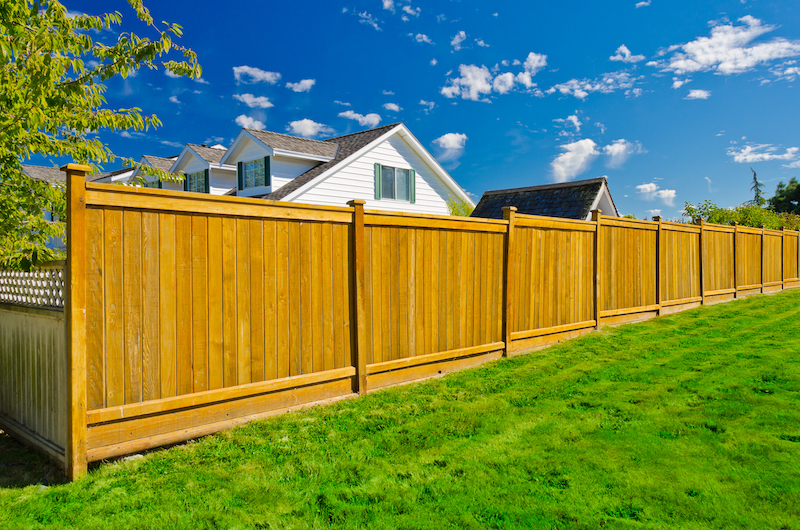
Understanding Fence Panel Types: A Comprehensive Guide
Garden fencing Leeds is an essential aspect of property management, providing security, privacy, and aesthetic appeal. With various fence panel types available, choosing the right one can enhance your property while meeting specific needs. Here’s a look at some common fence panel types and their characteristics.
- Wooden Fence Panels
Wooden fence panels are a classic choice known for their natural beauty and versatility. They come in various styles, including picket, privacy, and ranch panels.
- Privacy Panels: These panels are solid, providing complete seclusion from neighbors and passersby.
- Picket Panels: Characterized by spaced slats, these panels offer a charming, traditional look while still allowing some visibility.
- Ranch Panels: Often used in rural settings, ranch-style panels consist of horizontal boards and provide a more open feel.
Wooden panels can be stained or painted to match your home’s exterior, but they require regular maintenance to prevent rot and weather damage.
- Vinyl Fence Panels
Vinyl fencing has gained popularity due to its durability and low maintenance requirements. Made from high-quality PVC, these panels are resistant to fading, cracking, and warping.
- Privacy Vinyl Panels: These offer similar privacy to wooden panels but without the upkeep. They are available in various colors and styles, making them versatile for any landscape.
- Picket Vinyl Panels: Similar in style to wooden picket fences, vinyl picket panels maintain their shape and color over time.
Vinyl panels are an excellent long-term investment, as they do not require painting or staining.
- Chain Link Fence Panels
Chain link fencing is a practical and cost-effective option for both residential and commercial properties. Made of galvanized steel, these panels are durable and provide security without obstructing visibility.
- Standard Chain Link: Typically used for security around commercial properties or sports facilities.
- Vinyl-Coated Chain Link: Available in various colors, this option adds an aesthetic touch while maintaining the benefits of traditional chain link.
While chain link fencing does not provide privacy, it is often used in conjunction with privacy slats for added seclusion.
- Aluminum and Steel Fence Panels
Metal fence panels, such as aluminum and steel, offer strength and durability.
- Aluminum Panels: Lightweight and rust-resistant, aluminum panels provide a decorative touch without sacrificing security. They are often used for pool enclosures and decorative borders.
- Steel Panels: Heavier and more robust than aluminum, steel panels provide superior security. They are ideal for commercial properties or areas that require high security.
Both aluminum and steel panels can be powder-coated for added protection and aesthetic appeal.
- Composite Fence Panels
Composite fencing combines wood fibers and plastic to create a durable, eco-friendly option. These panels offer the look of wood without the maintenance concerns, as they resist rotting, fading, and insect damage.
Choosing the right temporary fence panels type involves considering factors such as aesthetics, maintenance, and purpose. From the classic appeal of wooden panels to the durability of vinyl and metal options, there’s a solution for every property. Understanding the unique features of each type can help you make an informed decision that enhances your outdoor space while fulfilling your fencing needs.
